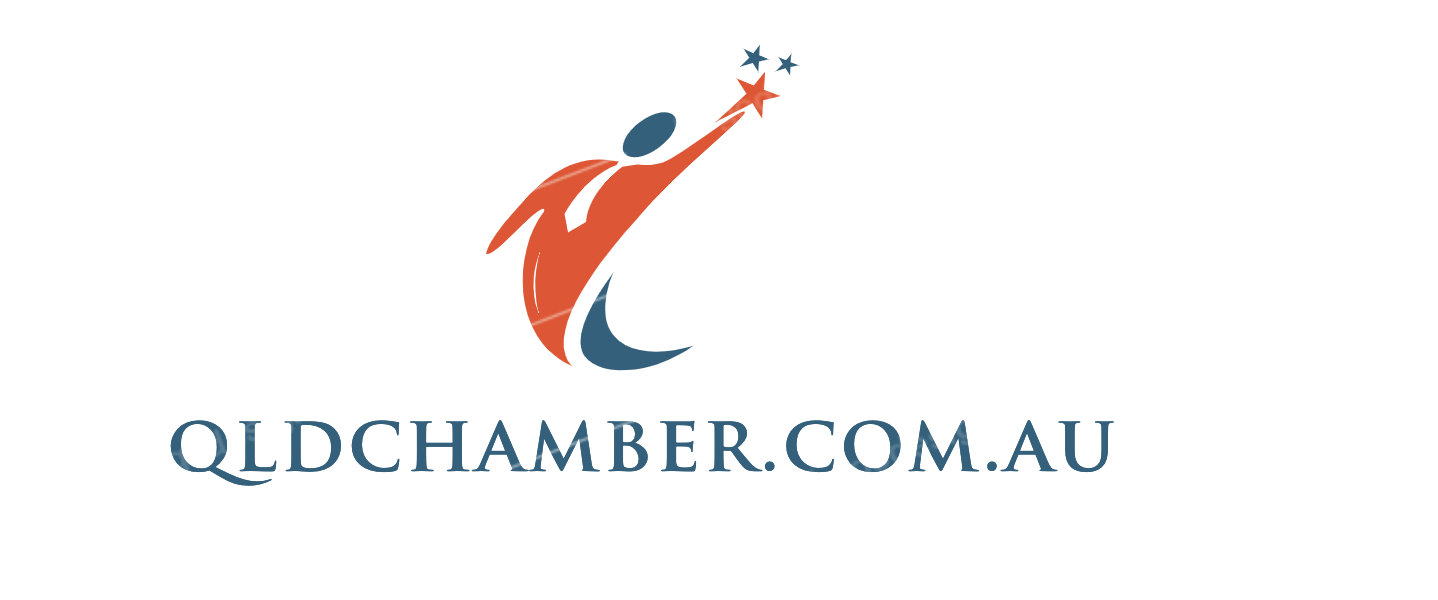Every person needs to consider food safety issues particularly within the busyness of hospitality businesses. The outcome for a business depends entirely on its ability to maintain proper food safety procedures in both upscale hotels and quaint restaurants. A dangerous situation would occur when you bite into your meal only to find out it was unsafe for consumption. The outcome goes past customer dissatisfaction into severe health problems and legal complications that harm establishments.
Food safety awareness carries absolute importance to hospitality businesses since their reputation entirely depends on it. The growing diner awareness about kitchen operations requires hospitality businesses to demonstrate superior performance in their food handling practices. Hotels and restaurants that focus on AIA food safety standards simultaneously protect their guests then build better brand perception and increase patron loyalty. Every hospitality operation must place high food safety standards above all else to achieve their goals.
The Consequences of Poor Food Safety Practices
Malpractices within food safety standards generate severe health threats. The consumption of infected food causes food poisoning infections that affect yearly totals reaching into the millions. Medical symptoms from foodborne illnesses vary from slight pain to major health complications that might need hospital treatment.
Health consequences represent just the beginning of negative effects in this situation. Businesses face financial repercussions too. A restaurant outbreak from food contamination destroys its reputation instantly by causing major financial losses.
The consequences that arise from these events transform into legal issues. Establishments must pay damages through legal action and pay fines when negligence becomes proven which causes additional financial blow as well as damage to their public image.
Sanitation practices of poor quality generate risk zones that harm employees and customers in addition to staff members. The resultant poor morale further triggers employees to find new workplaces because of safety concerns.
Food safety failures result in various consequences which exceed the boundaries of hospitality facilities.
Laws and Regulations in Place to Ensure Food Safety
A wide range of laws together with regulations control food safety quality. The guidelines exist to safeguard people who buy food while serving public wellness objectives. Local health codes force food establishments throughout numerous countries to adopt specific guidelines for food storage practices as well as preparation and service requirements.
The FDA along with other enforcement agencies in the United States strictly supervise food management procedures according to established standards. The legal requirements are monitored through periodic inspection checks. Failing to meet legal requirements leads to heavy penalties which might result in business closure and financial penalties.
The World Health Organization (WHO) together with similar international organizations establish standardized practices to make procedures consistent among different countries. The increasing number of global ingredients requires special attention because they come from various parts of the world.
Corporate compliance with these regulations protects both hospitality customers and builds a better community image for businesses.
Training and Certifications for Food Handlers in the Hospitality Industry
Every hospitality industry food handler requires proper training to succeed in their duties. Learning sessions provide individuals with critical knowledge points regarding food safety practices as well as hygiene standards and contamination avoidance methods.
The industry recognizes ServSafe alongside AIA food safety courses as standard certifications for training qualifications. Proper training programs enable staff members to care for food throughout its entire preparation and delivery process.
Staff training sessions maintain employee awareness about modern regulations and optimal practices through scheduled sessions. The continued education for staff members supports the maintenance of high quality standards throughout the premises.
Moreover, certification boosts customer confidence. Customers tend to select eating establishments if they have trained staff who prioritize food safety measures.
A business receives profit from its training investment in customer safety because trained staff helps maintain both positive customer experiences and business reputation. The understanding of roles among teams leads to safety culture establishment in the entire organization.
Best Practices for Maintaining Food Safety Standards in Hotels and Restaurants
The protection of hotel and restaurant guests depends heavily on food safety standards while successful operations also depend on these standards. Establishment of strict cleanliness protocols represents one of the best practices to follow. Organized cleaning schedules must include complete coverage of kitchen areas and dining space and all their equipment.
Cross-contaminations between food goods create significant health-related problems. Raw meats require blue-colored cutting boards while vegetables need red boards and all ready-to-eat foods must have green boards for separation. The basic approach successfully prevents dangerous bacteria from spreading between different food items.
Temperature control stands as another essential element for safety. All refrigeration systems need to operate at 40°F (4°C) or lower temperature consistently. Daily inspections prevent food from going bad and becoming unsafe for eating.
A thorough inventory system enables workers to monitor expiration timings for short-term food products. Efficient stock management combined with outdated product detection becomes possible through this system which helps restaurants prevent bad quality food service. Hospitality establishments that prioritize these safety practices develop a cultural atmosphere which benefits both employees and visitors visiting their facilities.
The Role of Technology in Ensuring Food Safety
The hospitality industry has chosen to use technology as its keystone element which improves food safety operations. Advanced tools together with systems entering operational use aim to decrease potential risks while stopping food-related health problems.
A major technological step forward has introduced digital inventory management systems. This technology enables monitoring of food products throughout their journey from stores to dinner plates until they reach their expiration date while maintaining correct storage temperatures. Acting with constant attention to food quality through this approach leads to lower waste amounts while supporting product freshness standards.
Temperature monitoring systems through technological devices have improved the management of perishable merchandise across establishments. Smart sensors track storage environment conditions through continuous observation so they issue warnings for unsafe temperature deviations. The proactive staff response enables them to step in quickly to control dangerous situations that could otherwise become bigger issues.
Mobile applications serve as a tool to simplify team member exchanges of fundamental food safety directives. Staff members can utilize their smartphones to access training contents and checklists during shifts which enables them to reinforce standard practices across all operational levels.
Artificial intelligence (AI) serves as a fundamental transformation in food regulation processes. The use of analytical systems driven by artificial intelligence helps companies track consumer behavior patterns to detect specific areas that need clean or hygienic enhancements through data analysis.
An implementation of these modern technologies enables fulfillment of AIA food safety regulation requirements while building customer trust which functions as an essential requirement for achieving success within the competitive hospitality sector. These technological developments enable businesses to accomplish guest safety goals and simultaneously develop team accountability standards within their operations.


